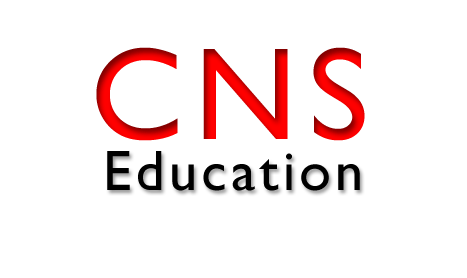ANNAPOLIS — Education was touted as a legislative priority by many during the most recent session of Maryland’s General Assembly, but the definition of that priority differed widely, creating some of the toughest tests of bipartisanship between newly elected Republican Gov. Larry Hogan and a Democrat-led General Assembly.
At the close of session Monday night, a Democrat-friendly budget was passed that sets aside $68 million in additional funding for public education and a bill was passed that advances Hogan’s goal of expanding access to charter schools in the state. But the future of those key initiatives remains uncertain.
From the beginning of his term, Hogan championed record funding for K-12 education. His initial budget proposal included $6.1 billion in funding for schools, largely concentrated in capital expenditures.
But it also cut funding to the Geographic Cost of Education Index — a formula that provides additional aid to local school systems where educational resource costs are above the state average — in half, a blow to 13 districts that have come to expect the additional aid.
Legislators, unable to add or transfer funds within the governor’s budget proposal, cut from other programs, including $75 million from planned contributions into the state employees’ pension fund, in order to fence off the $68 million needed to fully fund the index. But Hogan doesn’t have to spend that earmarked money on public education, or at all.
State Senator Nancy King, D-Montgomery, says that anything less than 100 percent funding this year would be harmful.
In fact, legislators passed a bill in the last hours of session Monday night that would mandate full funding of the index in future years if Hogan does not fully fund it this fiscal year, which begins July 1.
“We see the public outcry. It’s teacher layoffs and larger class sizes we’re talking about,” King said. “We don’t have some of the best schools in the country by accident.”
But House Minority Whip Delegate Kathy Szeliga, R-Harford and Baltimore County, said the concern should not be how much is being spent on public schools, but on how well the schools are educating their students.
“When taxpayers are giving $17,000 a pupil (in Baltimore City) and producing a failing school, that’s a problem. Writing another check isn’t the solution” she said, but advancing charter schools is a good start.
Charter schools are a key priority for Hogan; he appointed former Delegate Keiffer Mitchell, a prominent Baltimore Democrat, as a special adviser on the subject, likely to foster bipartisan cooperation on the topic.
The charter school bill that was passed by the legislature on Monday — which allows for more flexibility in teacher certification and student enrollment — is less transformative than the version that was initially proposed, but Hogan said Tuesday he considers it a “solid foundation to build from, and it gives us an opportunity to come back next year.”
In a supplemental budget the governor released days before the end of session, Hogan also requested funding for a tuition tax credit bill known as BOAST, or Building Opportunities for All Students and Teachers, which would give businesses tax credit for donating to private schools.
House Speaker Michael Busch, D-Anne Arundel, was starkly against the measure, which held up fiscal negotiations for a period of time. Ultimately, the provision was rejected, as it has been each time it’s been proposed since 2006.
State Senator and Majority Leader Catherine Pugh, D-Baltimore, said that while there was not as much focus on higher education as she would have liked, she thought the session went well for education overall.
“Aside from a short period of contention, there was a good spirit of cooperation,” she said. “The governor is responsible enough and has education as a priority himself. I think, in the end, everything is going to be OK.”
Community colleges were threatened by a formula adjustment posed by Hogan in the Budget Reconciliation and Financing Act of 2015 that would result in an $800,000 decrease in year-over-year direct state aid. But legislators worked to restore the funding, and each of the state’s 16 community colleges will receive aid that is at least equal to that of last year.
On Tuesday, Hogan signed a bill that would offer special protection from discrimination to interns or internship applicants. Other education-related bills passed by the General Assembly that on Tuesday were awaiting the governor’s signature include:
- a bill that would prohibit educational institutions from accessing a student’s or applicant’s personal electronic accounts;
- a bill that would waive out-of-county and out-of-region fees for victims of human trafficking to attend community college;
- a bill that would create more stringent requirements for unaccompanied homeless youth to receive a higher education tuition waiver; and
- a bill that would establish a two-year pilot program that provides nonprofit organizations funding to create outreach programs that would help encourage low-income students to attend college.
A bill that would require institutions of higher education to regularly report instances of sexual assault on campus and prominently mark the transcript of a student suspended for or dismissed for sex offenses received unfavorable committee reports.

